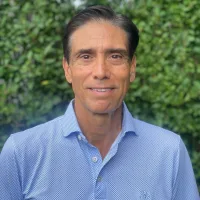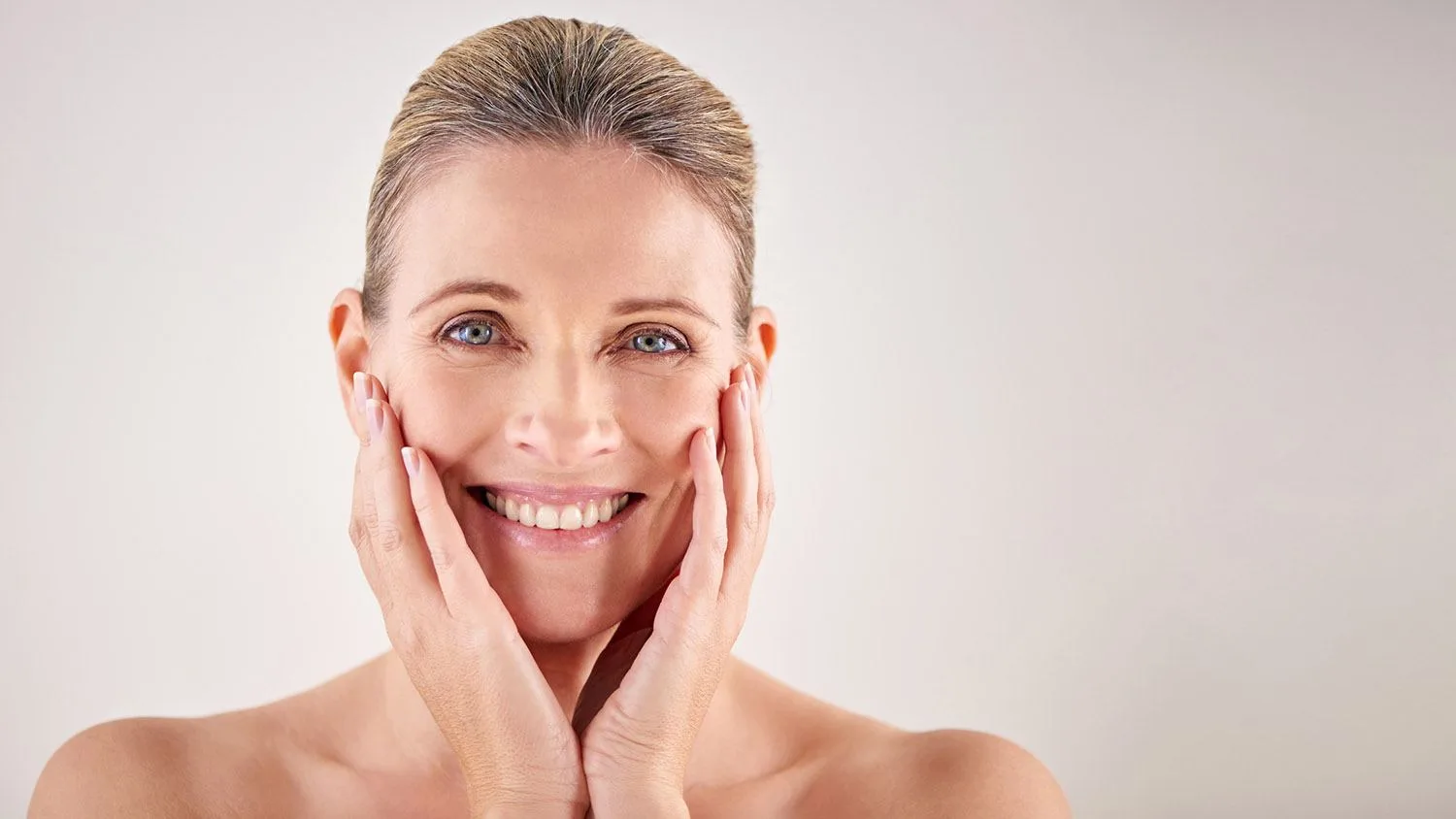The topic of healthspan and lifespan is front and center today, as it should be. Our understanding of how we can influence our aging process or, instead, longevity has never been greater.
Many noble laureates have extended our knowledge of living a longer, healthier life, but information overload can be confusing. Some science is involved; unfortunately, it cannot be quickly explained. Well, I am going to try and quickly explain this to you. Longevity Live Paid Content.
Elizabeth Blackburn, Shinya Yamanaka, John Gurdon, James Rothman, John O’Keefe, and William Kaelin are just a few Nobel laureates who have extended our understanding of Healthspan and Lifespan through years of experiments and publications. Although scientists have identified many things that can promote health span and lifespan, three categories appear to have the most significant scientific backing. They include exercise, diet, and five signal molecules: berberine, resveratrol, quercetin, astragalus, and NMN.
Aging can be in different things to different people, but in simplest form, we age because the cells in our body lose their identity. When your cell can no longer function as it should, it ages, and you age. Cells lose their identity when genes lose their correct on-off pattern. Aging is a fundamental process where genes are turned on and off incorrectly in every cell in our body, leading to the loss of cellular identity.
When gene regulation is lost, your cell loses its identity, and you start to age.
With everything I do, I ask myself how I maintain my cellular identity through the genetic mechanisms we understand? Seven pathways have been identified that are amendable to manipulation in our favor. There are three longevity genes (Sirtuins, AMPK, mTOR), Telomere pathways, and metabolic pathways – blood sugar, senolytic, and antioxidant pathways. Every question you have about what to eat, whether exercise is essential, and what supplements to take can be answered by how they affect these pathways.
Exercise
Exercise should encompass four broad categories: strength, training, aerobic conditioning, balance function, and stretching. These categories have been shown to maintain telomere length, promote DNA repair, increase antioxidant defenses, reduce inflammation, improve immune function, and improve metabolic health and glucose metabolism.
We lose 3-8% of our muscle mass per decade over age 30. Over age 60, we can lose 1- 2% of yearly muscle mass. Over age 50, muscle strength decreases by 1-2% annually. Exercise is more than just walking; it is checking off each of these four boxes of strength, training, aerobic conditioning, balance function, and stretching to decelerate aging.
Exercise is a form of adversity. You may have heard the Latin phrase that translates to virtue growing stronger from the wound. Adversity has a way of turning on longevity genes. Hormesis is a term used in toxicology to describe a phenomenon whereby exposure to a low dose of a harmful substance can improve an organism’s resistance. In other words, a toxin can trigger beneficial biological responses. Cold exposure or saunas are associated with hormetic benefits.
Diet
What we eat, and how we eat is essential. Diet provides the nutrients that our cells need to maintain their identity. Diet interacts with the seven genetic and metabolic pathways identified and plays a great role in recycling misfolded proteins in our cells.
Proteins are needed to build and repair muscle, and proteins are used to make enzymes and hormones. Fats are needed for cellular membranes—carbohydrates for cellular energy.
So how much of each of these do we need?
There is an obsession with bulk and protein. You can certainly get enough protein through a plant-centered diet. The advantages of the plant-centered diet are that it can provide enough protein without the large protein overload you get from a meat-based diet.
Plant-based diets also provide complex carbohydrates, unlike simple carbohydrates that can spike blood glucose levels. Only 20% of your diet should consist of meat and fish. The downside to a high protein diet is that they up-regulate the mTOR pathway, which differs from how we want to nudge it. So, ideally, the idea of how much meat to eat is a Goldilocks issue: not too much, not too little, but just the right amount of meat-based protein, which is 20%.
There is plenty of evidence that plant-centered diets are the best
These diets provide the proper nutrients and nudge these seven cellular pathways to promote longevity and health. Plant-based diets can favorably modulate cellular reactions. Examples include increasing Sirtuin activity, increasing AMPK activity, and down-regulating mTOR to improve the recycling of misfolded proteins, protect telomeres from damage, promote elongation of telomeres, improve metabolic function and blood glucose levels and cholesterol levels, and promote antioxidant pathways.
Fermented foods provide an excellent way to obtain partially digested beans, nuts, and seeds, as well as help maintain a healthy gut biome.
How we eat is also important
Populations that participate in intermittent fasting appear to live longer. There are numerous studies identifying benefits in mammals that intermittent fasting is beneficial. Although the benefits of intermittent fasting can be criticized by some because these benefits are difficult to measure in humans, the critics of intermittent fasting need to get beyond this measurement obsession. Intermittent fasting promotes targeting your ideal body weight and has definite metabolic benefits.
Vitamin D deficiency exists in this country more than it should. Vitamin D is important for the immune system, bone health, and cognitive function. B12 deficiency is more common in plant-based diets and more prevalent as we age. Supplementing with vitamin D and B12 is beneficial. Although vitamins, minerals, and omega-3 fatty acids are very popular, seeing these deficiencies is rare, and even omega-3 supplementation benefits can be questioned.
The MICOIL study (Mediterranean Intervention for Cardiovascular Outcomes with Linoleic Acid Trial1) was a clinical trial that investigated the effects of a daily supplement of olive oil on cardiovascular health and cognition. The study found that consuming about 3.4 tablespoons of extra virgin olive oil daily had a reduced risk of cardiovascular disease and cognitive decline.
We should limit our fatty acids to monounsaturated fatty acids, such as olive oil.
It will also help to introduce three and a half tablespoons of olive oil to our daily diet. We should minimize the usage of seed oils, saturated fats like butter, and polyunsaturated or trans fats.
Eliminating all refined sugar and looking at blood glucose levels are also front and center today. Although hypoglycemics get a lot of attention today as weight reduction products, it’s more than a vanity issue; it is a health issue. Elevated blood sugars and pre-diabetes accelerate aging and promote loss of cellular identity. Elevated blood glucose glycosylates, proteins, and enzymes make them less effective.
Messenger or Signal Molecules
Messenger or signal molecules that can nudge these seven cellular pathways to promote health spans and Lifespan have been identified. These signal molecules are not vitamins or minerals, like zinc or magnesium. These are molecules found in nature that, at certain concentrations, can work at a cellular level to promote health benefits. Five have been identified that are well tolerated and have benefits in laboratory and animal studies, and humans.
These five are Berberine, Resveratrol, Quercetin, NMN, and Astragalus.
Together, these down-regulate mTOR, up-regulate Sirtuins and AMPK, telomere, antioxidant, anti-inflammatory, senolytic pathways, and metabolic pathways, including cholesterol and glucose metabolism. Interestingly, all five together appear to have synergistic and complementary benefits, indicating that the whole is worth more than the sum of the parts. These are all largely fat-soluble molecules and must be taken with meals for a fatty substance, like yogurt or olive oil, in order to be absorbed. These five molecules should be consumed in an all-inclusive supplement, such as Rebesana.
Is it possible to reverse aging?
I think you want to ask: can you accelerate aging by doing all the wrong things? Can you decelerate aging by doing all the right things?
The answer is a resounding yes, shown in essentially every organism ever tested.
The difficulty lies in convincing the public of this. The scientific evidence dramatically supports this understanding. This trinity of exercise, diet, and signal molecules must replace the old adage of eating right, not smoking, and exercising. That adage has taken us as far as it can. People need to understand now that the right lifestyle choices make a difference.
We live in this moonshot world where we all want something dramatic, but it’s all about incrementalism.
Scientists have broken down health into the individual components of cellular health and then have made recommendations to provide incremental benefits towards cellular health to maximize health span and lifespan. These minor tweaks and changes feel insignificant but can make a difference over time. This is a medical big bang, but nobody is listening.
Measurements fascinate us. The biomarker industry will soon catch up to convince the public of the value of these three categories. Unfortunately, the feedback loop is slow and hard to observe. How do you measure your aging slower? Everybody wants to do the right things, but there is a big gap between intention and behavior. Everybody thinks it doesn’t make a difference or I have good genes, and this optimism bias feeds into a planning fallacy, where everybody keeps putting off making the right changes in their life, farther and farther into the future.
Atul Gawande talks about what makes an idea spread, and he reduces it to the idea that in order for an idea to spread, it must have visibility and immediacy. That is not the case when it comes to promoting health span and lifespan; therein lies the rub. How do we convince people to make these lifestyle changes without an immediate, visible response?
Aging is a natural part of life, but that doesn’t mean we must sit back and accept it
We can do many things to slow the aging process and live longer, healthier lives. If you are looking for a way to slow the aging process and live a longer, healthier life, first and foremost, focus on these three areas: exercise, diet, and messenger molecules.
There is a toxin-nutrient paradox. We all know toxins are bad for us and can damage our cells, organs, and overall health. We accept that, and we avoid those toxins. But when we identify things that improve our health, we question them. Exercise, diet, and messenger molecules can favorably influence genes, health span, and lifespan. The public needs to be aware of this paradox. If you believe that toxins can harm you, you should also believe that lifestyle choices in exercise, diet, and signal molecules provide meaningful benefits.
Imagine yourself in 20 years
What do you see? Do you see yourself still vibrant and active, enjoying life to the fullest? Or do you see yourself struggling with health problems, tired and run-down? The truth is, the way you age depends largely on your lifestyle choices today. You must take care of yourself to slow aging and enjoy a healthier life.
It is time for disbelief to shake the hands of science. This intersection of genetics, public health, and therapeutic intervention exists now.
References
- Tsolaki M, Lazarou E, Kozori M, Petridou N, Tabakis I, Lazarou I, Karakota M, Saoulidis I, Melliou E, Magiatis P. A Randomized Clinical Trial of Greek High Phenolic Early Harvest Extra Virgin Olive Oil in Mild Cognitive Impairment: The MICOIL Pilot Study. J Alzheimers Dis. 2020;78(2):801-817. doi: 10.3233/JAD-200405. PMID: 33044178.
Who is the author?

Carl Giordano, MD
Dr. Carl Giordano has devoted his professional life to understanding the science behind healthy aging – particularly how ingredients in nature support genetic health and how to target and replenish cells on a molecular level, essentially turning back the biological clock.
Some components of his patent-pending formula, Rebesana, are being tested by NASA and US Special Forces to promote endurance and strength. Dr. Giordano is double-board certified in orthopedics and spine surgery. He completed his residency and fellowship at the Hospital for Joint Diseases/NYU Langone Medical Center.





![women [longevity live]](https://longevitylive.com/wp-content/uploads/2020/01/photo-of-women-walking-down-the-street-1116984-100x100.jpg)










